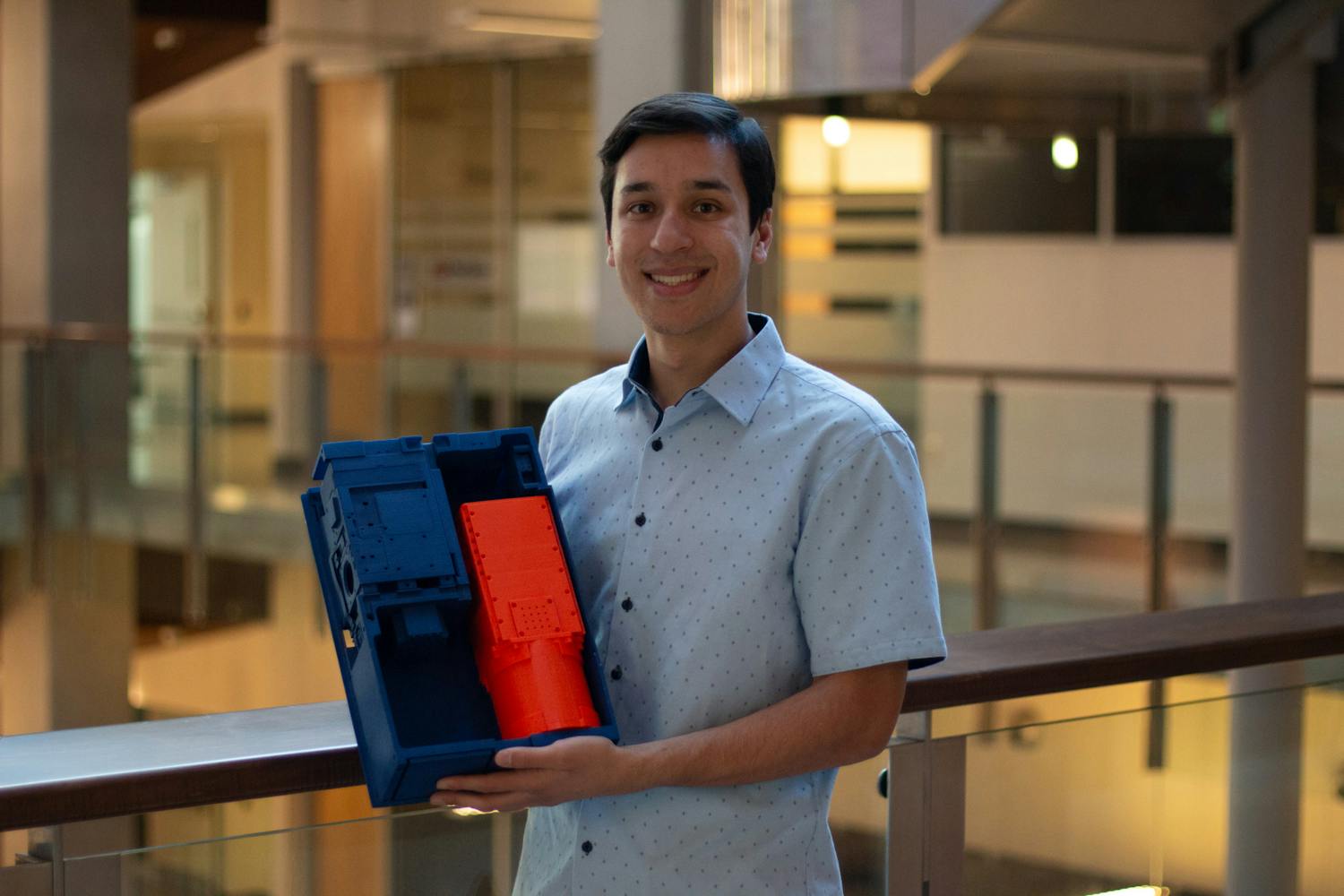When racism and inequality dominate national conversation, communities that are affected express their pain and exhaustion. Yet some social media users prioritize their own image online instead of providing effective help.
Performative activists express surface-level support on social media. But marginalized people need allies who will make a tangible difference, so it’s time we re-evaluate ineffective approaches to advocacy.
As awareness of racial disparities increases and there is widespread conversation about allyship, non-marginalized people feel pressured to perform on social media, resulting in the self-oriented performative activism.
Ronae Matriano, a Ph.D. student studying Asian American identity, race and racism, said in an email that with “cancel culture” in full effect and people actively calling out covert and overt racism, "performative activism is another way that so-called anti-racist folks try to cover their asses."
“Performative activists love to talk about how heartbroken they are about the injustices of the world,” Matriano said. “Yet do nothing to actually make change.”
Some social media users and celebrities, for instance, simply post Martin Luther King Jr. quotes about equality, participate in a Black Lives Matter repost chain or make empty promises to “do better." Others stage photo ops at protests.
Crafting an image of support for good optics, frankly, does nothing to support Black people.
This leads into another problem with performance activism: It diverts attention and energy away from issues at hand. Blackout Tuesday on June 2 is a prime example of this.
Music industry leaders Jamila Thomas and Brianna Agyemang originally created the grassroots campaign The Show Must be Paused to highlight the industry’s exploitation and racial inequality, but people turned it into a bandwagon.
Celebrities participated in the campaign by posting black boxes captioned “#BlackoutTuesday.” Instagram users then posted black boxes themselves, which ended up saturating feeds and suppressing resources and protest information.
These posts were no longer related to the campaign’s original purpose — it was watered down into a counterproductive, performative trend. While participants who wanted to demonstrate their solidarity were likely well-intentioned, there are better ways to support the Black community than by posting a singular black box.
Advocacy isn’t a bandwagon. Trends on social media are constantly fleeting, but injustice is not.
People who don't experience marginalization can pick and choose when to show support. They can give up when activism isn’t considered “trendy” anymore. But when Black people, Indigenous people and other people of color experience ongoing adversity, it can’t be ignored.
We should skip the slacktivism in favor of genuine advocacy. Matriano said if an individual wants to become an activist or ally and materially improve others' lives, the answer is within the word itself: “to be active.”
One simple action they suggested — especially for non-Black people with financial privilege — is to prioritize donating to individuals, rather than large nonprofits and organizations, to redistribute wealth and make reparations.
White individuals in particular should also refuse to be silent because their privilege can be used to protect others.
Refusing to be complicit also extends to educating social circles, Matriano said, because white people seeking to be good allies "don't let their white friends and family say racist, homophobic, sexist, ableist things."
It's important, too, to use self-education as an option, rather than place the unpaid educational burden on BIPOC individuals. This can be done by reading and engaging in discussion.
For example, Desert Diwata — an Asian community organization Matriano works with — has a Black-theory group for Asians specifically to learn. The group reads and discusses texts by Black theorists and activists. They also have Black Asian facilitators who are financially compensated for educating members of the organization. These steps are taken instead of relying on unpaid emotional labor from Black people, and Matriano encouraged white colleagues to also create their own groups.
“Read Black theory and Black history to unlearn propaganda that has been so deeply ingrained in American society,” Matriano said.
Throughout this process of taking action, Matriano said it’s important to acknowledge solidarity isn't a simple statement of support and that change is gradual.
"Activists need perseverance, humility and radical self-care in order to make positive and lasting change in their communities,” they said.
There are countless ways of addressing racism and injustice to make a difference in marginalized individuals' lives. Why then, should we hide behind half-hearted social media posts or treat activism as a trend for ourselves?
“Being an activist isn’t about centering yourself in the movement but centering those that you’re fighting for,” Matriano said.
Desert Diwata's Black theory readings are available upon request. You can email desertdiwata@gmail.com or reach out to @DesertDiwata on Instagram.
Some local organizations you can support that share educational resources include Mass Liberation AZ, BLM Phoenix Metro, Drinking Gourd Farms, Black Phoenix Organizing Collective, and The Phoenix Local Organizing Committee. The Office for Diversity, Equity, and Community Engagement at George Washington University also compiled resources on allyship and race and anti-racism.
Throughout August, BLM PHX and Mass Liberation AZ are also engaging in #BlackAugust, which includes a series of free events to educate and strengthen solidarity.
Editor's Note: This column was updated at 10 p.m. on Aug. 6 to include more information about Desert Diwata and to include more resources and local organizations.
Reach the columnist at lhrabik@asu.edu or follow @lynettehrabik on Twitter.
Editor’s note: The opinions presented in this column are the author’s and do not imply any endorsement from The State Press or its editors.
Want to join the conversation? Send an email to opiniondesk.statepress@gmail.com. Keep letters under 500 words and be sure to include your university affiliation. Anonymity will not be granted.
Like The State Press on Facebook and follow @statepress on Twitter.




